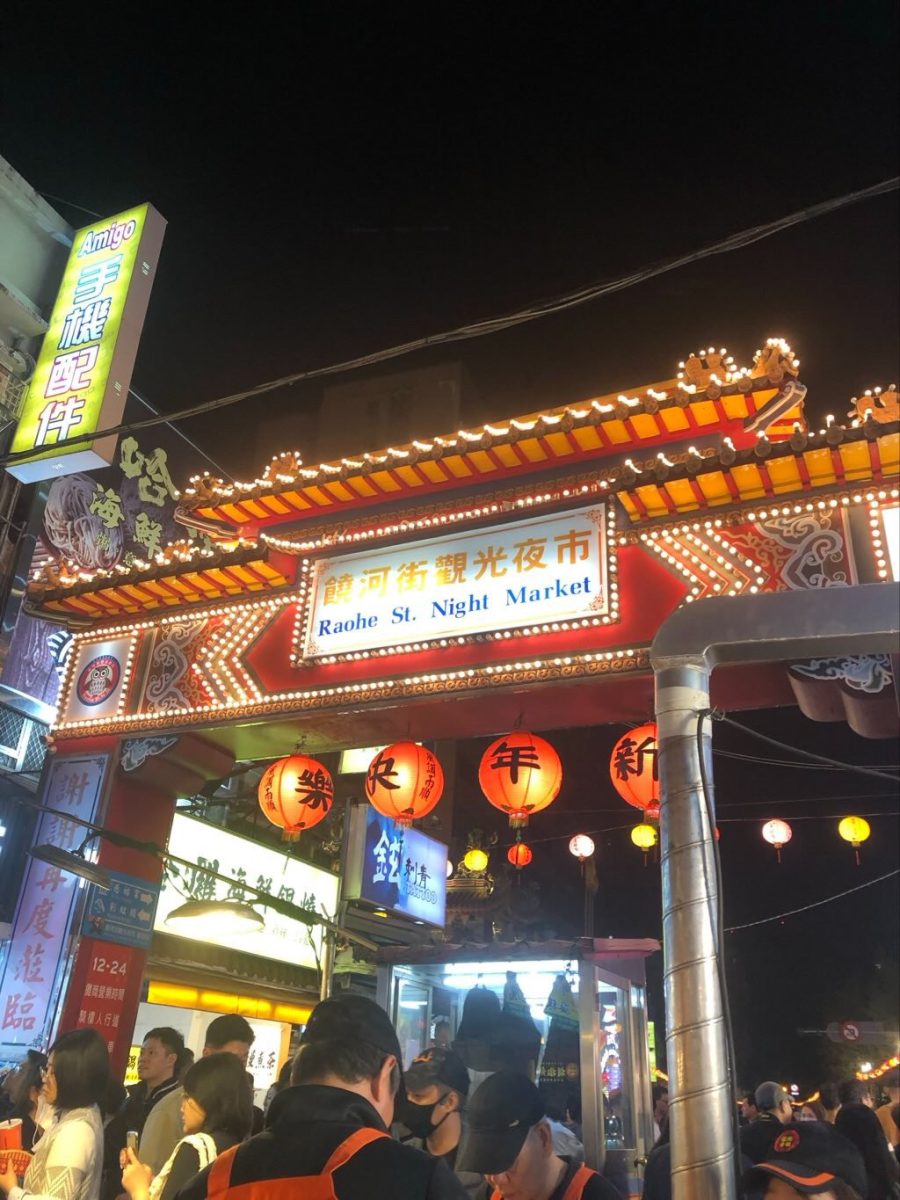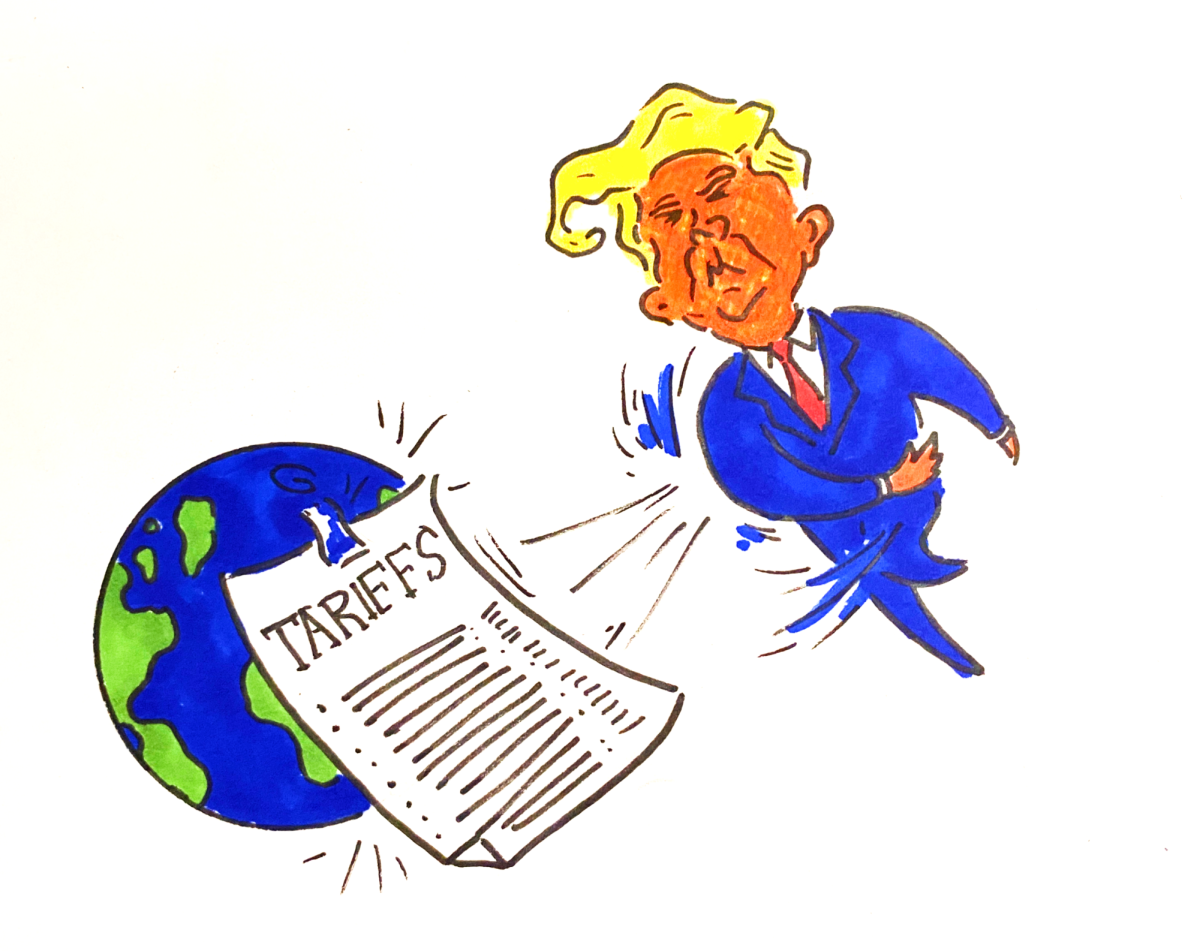On December 3, 2024, President Yoon Suk Yeol declared emergency martial law in South Korea. The announcement— which came as a surprise to Korean citizens and most of the government—marked the beginning of a political crisis.
Since he took office in 2022, many have felt that Yoon’s performance has been inadequate. South Koreans have witnessed a series of confrontations between the government and opposition parties that have raised serious concerns about the stability of the country’s democratic institutions.
The situation escalated alarmingly when Yoon declared martial law, calling his liberal opponents “anti-state forces” and attempting to enforce strict limitations on dissenting political activity. Yoon justified martial law as a necessary measure to protect the nation from “communist forces.”
Yoon was impeached on December 14, and on January 15, he became the first sitting president of South Korea to be arrested.
The current political climate in South Korea illustrates two disturbing international trends: First, the willingness to trade freedom for a false sense of security, and second, growing threats to the foundations of free speech and political engagement. Yoon’s labeling of “protest” as “treason” is clear evidence of growing anti-democratic sentiment.
South Korea’s challenges are ultimately a product of the inherent human flaws of its political leaders. Government officials grapple with deep-seated paranoia and the desire to maintain power, which can drive them to adopt extreme measures that undermine democratic principles.
In Yoon’s case, the declaration of martial law was not merely a tactical maneuver; instead, it was also a manifestation of his anxieties about opposition forces and perceived threats to his administration.
The fragility of political systems is not unique to South Korea. Similar vulnerabilities are becoming apparent in democracies worldwide, including in the United States. In the aftermath of the September 11 attacks, the U.S. government passed the Patriot Act, which encouraged surveillance while sacrificing freedoms for the sake of national security. This legislation, aimed at compatting terrorism, provoked debates about the balance between security and freedom.
In unfavorable situations, leaders often resort to alarming tactics, such as martial law or emergency powers, to consolidate control. Individuals frequently point out the absurdity of such extremes, yet their desire to maintain power drives them to put self-preservation over collective well-being. This creates a cycle of instability, where the people meant to uphold democracy become the tools for its destruction.
Now, more than ever, countries must prioritize democratic values. The government’s instability in South Korea reveals the broader vulnerabilities that exist within political systems worldwide.
Humans’ hunger for power creates a troubling cycle where the desire to maintain control leads to restricted civil liberties and the decline of institutional integrity. The future of democratic governance depends on a commitment to uphold the values that define it.
We must act now.













